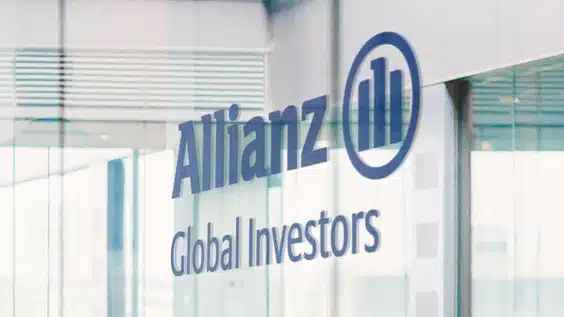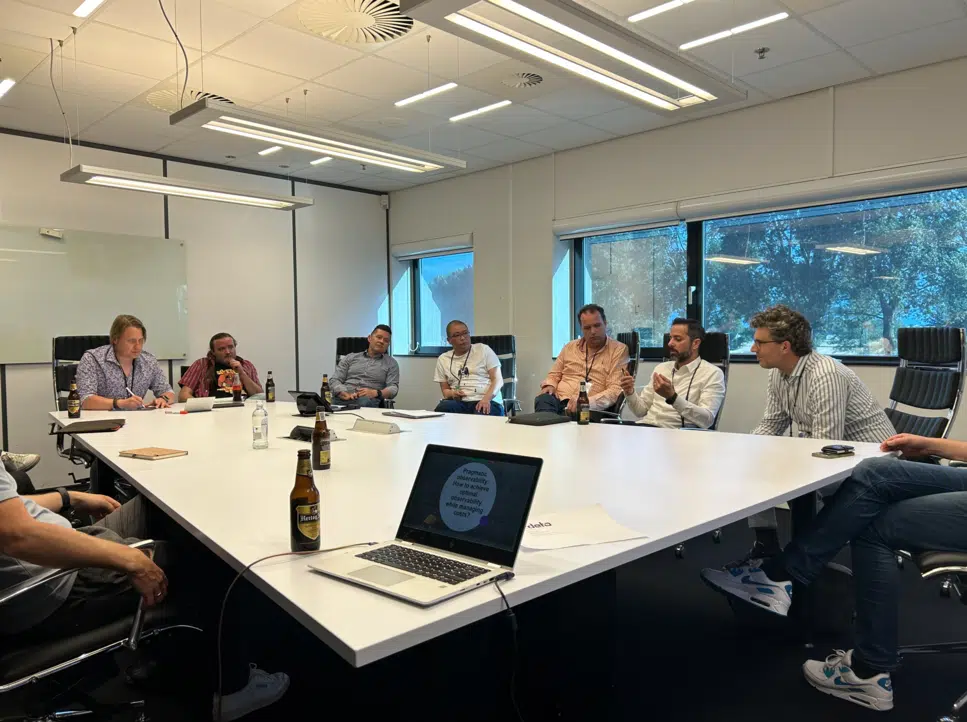In the latest in our #DevOpsQA series, specialist consultant, Alex Ford, speaks with Hans Goossen, Head of IT at Fidor Solutions.
Hans offers his advice to those starting out their career in tech, discusses his predictions for the future of tech teams within organisations and the benefits and challenges that come with pursuing a career in tech.
Third Republic (TR): Could you explain a bit about the work that Fidor Solutions do and the work you do for them?
Hans Goossen (HS): Fidor is a fintech company, and essentially, we offer a detailed banking platform for our users. We provide a complete set of payment solutions (e-wallet and Apple Pay) to clients that range from banking institutions to individuals.
I head up the area of SRE at Fidor. Basically, we are the team that maintains all the systems to ensure that everything is working smoothly for the customers. We are always working to make our services more reliable, efficient and scalable. My SRE team also does a lot of automation and continuous improvements, as we try to follow Google’s motto “automate your way out of the job”.
TR: How did you get into the world of tech? Is it something you grew up being interested in?
HS: At a very young age I was interested in computers and technology. Before the internet, I was always reading tech magazines and experimenting with computers (as much as you could back then). Then in the 90s, I began my career in an Internet Service Provider. This was when the internet was just starting to become mainstream. It was a super innovative industry and could be very challenging – we were using dial-up connections and just to access simple websites it could take 10 minutes to load.
After working for internet service providers for some years, I decided it was time for something new and jumped around industries for a bit helping with digital transformation projects. Then I moved to Germany, which is where I started my career working in fintech.
TR: What are some of the benefits and challenges of a career in tech and/or engineering?
HS: As tech professionals, we are working in a highly competitive market. This is both a benefit and a challenge of pursuing a career in tech. The rise in digital means there are a lot of opportunities around, but the competition for these roles can be very demanding.
Now more than ever I’d say it’s a very fulfilling profession because you’re making a contribution to the world and can really see the change you’re making. The tech industry is changing the way people live. For example, fintech companies have transformed the way societies deal with money.
In terms of challenges – since tech is an incredibly fast-paced environment, you have to make sure that you’re always on top of the current trends. This means there’s very little time to relax. If you miss something, you’re behind. It’s essential not to become complacent with the knowledge you have – never stop learning.
TR: What advice would you give to those starting out their careers in engineering?
HS: Stay curious. Always challenge yourself. Keep learning. It’s important not only to learn from courses and books but also from the people in your network. Take advantage of your colleagues and peers in the industry and learn from their experiences.
A great advantage for those just getting started in tech is that there is easy access to so many materials through the internet. In that sense, it’s easier than it was when I first started out, but the bar has definitely raised for what is expected of tech professionals now.
TR: Have you found there is a shortage of skills or a skills gap within technical talent at the moment?
HS: Yes, there is definitely a shortage of some tech skills and it can be a challenge to find certain skillsets. But I think this is normal. Everything is changing so rapidly, so naturally, it can be difficult to find people with the right skills. Saying that I have noticed a shortage of tech professionals with broad knowledge. There are a lot of experts in specific areas of tech, but those with a broader skillset are more difficult to find. For SRE you really need broad knowledge. You need to know about network administration, development languages, and data centres operations. Everything works together, so a broad knowledge is key.
TR: Do you think the shortage of skills is driving a change of candidate behaviours?
HS: In a way yes, there is a change in behaviours. But as a Hiring Manager, I focus on the potential of the candidate and try to look at where they could be in the future. To me, it doesn’t make sense to hire someone today, for what I need today. I’m always looking to hire for the future. Looking for candidates who are willing to learn, who have the potential to develop beyond a specific skillset.
TR: Do you think that recruitment agencies can provide value in these competitive, fast-moving markets?
HS: The way we hire people today and the way we work has changed completely in the last few years. For example, mobility is no longer an issue people can move anywhere for work very easily. This is a huge improvement but of course, it comes with a price. You could compare it to a multi-lane highway, it’s great but it brings with it lots of pollution and noise.
I believe we have the same pollution in the market now, which can make it difficult for hiring managers and candidates to find the right match. This is where agencies can add value and bring the right businesses and candidates together. Of course, the same with all industries, the bar is much higher, and agencies have to be sure that they are adding value where they can to both their clients and candidates.
TR: What changes do you predict for the future of tech teams?
HS: I think that tech teams will become more involved in every aspect of the business. They will no longer be an isolated division or department. I see tech teams playing a more central role and really contributing to the success of companies – even non-technical companies
Another thing that I can see happening is more close collaboration between teams. In the past we had a complete separation between development and operations, then it evolved to the DevOps culture, and now SRE. At the rate that new technologies are being introduced, I definitely think that this will result in entirely new roles.
TR: What are some of the biggest changes you have seen throughout your time working in the world of tech?
HS: The biggest change I have seen is the introduction of the Cloud. It completely changed the way IT operations are handled. In the past, setting up a server could take days and today you can have fully functional servers in seconds. You can also have computer resources that can be utilised from anywhere in the world. The Cloud has made a huge impact on the ways in which IT teams work.
If you’re looking to source talent, get in touch with our specialist teams today!




